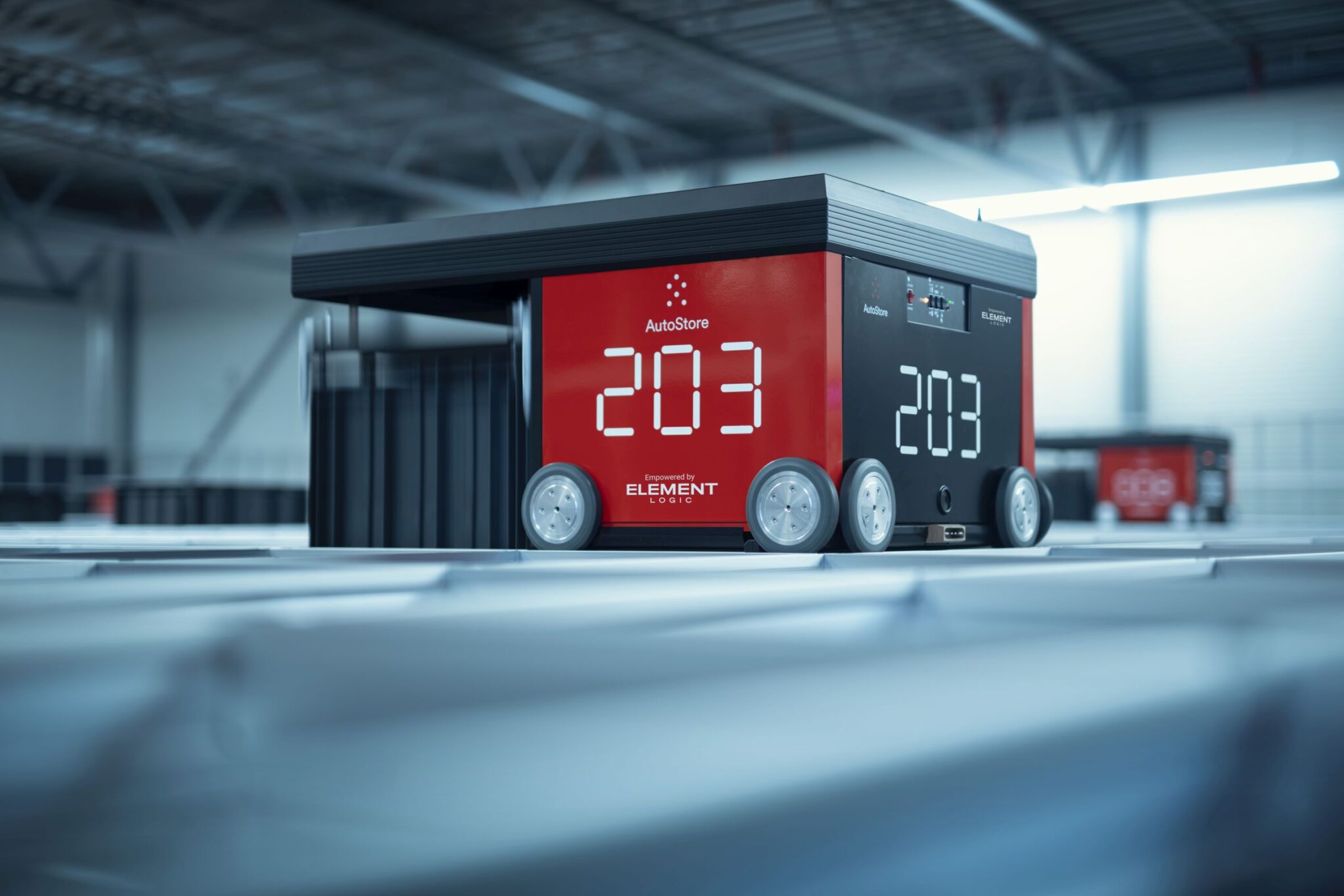In December 2023 alone, £45 billion worth of goods were imported to the UK by road and sea freight[1]. Manufacturing overseas is commonly seen as a less expensive approach. However, localising production in the UK permits quality control, safeguards against exchange rate volatility, and significantly reduces a company’s carbon footprint.
In June, Palletower, a UK’s leading manufacturer, stockist and supplier of storage and logistics equipment, transitioned the production of their plastic box pallets and other plastic storage products such as collars and foldable boxes to the UK. In the past, these have been manufactured in Spain, Germany and China and a significant number are currently being moulded and imported from Istanbul. At present, a fully lorry load of plastic boxes weighing 4.6 tonnes distributed from Istanbul to the UK generates almost 2.6 tonnes of carbon emissions. Therefore by manufacturing in the UK, Palletower will reduce their emissions dramatically.
This move will maximise operational efficiencies and significantly improve product and material handling. Moreover, the manufacturing shift will allow Palletower’s customers to benefit from increased cost savings.
The UK manufactured plastic boxes are an impressive 3kg lighter than any other competitor boxes. This reduces the amount of plastic and energy used to mould the box. Despite this, they retain the same strength and are available in a range of colours, with the option of adding company branding (e.g. a logo) for versatile use in numerous industries.
The shift in production not only allows Palletower to have more control over materials, but means that the company can offer the environmental and cost benefits to its wide customer base. Furthermore, it has improved Palletower’s own sustainability efforts.
Through this CO2 review exercise, Palletower has looked at the impact that the distribution of goods is having towards today’s climate crisis, and ways in which its own changes to the supply chain are a microcosm of potential change the industry could make.
The impact that overseas distribution has on your carbon footprint
If companies manufacture products outside the UK, regardless of the location, distribution will most likely be a business’s biggest contributor to annual carbon emissions.
The average small to medium sized company in the UK generates around 15 tonnes of carbon emissions annually, making up 44% of the UK’s non-household emissions[2].
Palletower has partnered with Positive Planet, a sustainability business advisory, revealing the carbon impact of distribution to the UK and how carbon emissions differ depending on location. Birmingham was chosen as the distribution centre of choice as it is a central UK distribution location.
At present, as the majority of boxes are being manufactured in Istanbul, by transporting just 607 plastic boxes to the UK, this generates the same amount of carbon emissions as an average SME. However, with the exclusive mould allowing manufacturing of Palletower plastic boxes in the UK, they will be saving up to 2,569.7 KgCO2e per 104 boxes produced, as distribution emissions will be eliminated.
| Manufacture location | Distance to Birmingham (km) | Road (KgCO2e) | Sea (KgCO2e) | Well-to-Tank (KgCO2e) | Total distribution emissions (KgCO2e) |
| Rome | 1,995 | 1,276 | 309.6 | 1,585.6 | |
| Istanbul | 3,223 | 2,067.9 | 501.8 | 2,569.7 | |
| Shanghai | 19,374 | 240.8 | 1,044.2 | 295.2 | 1,580.2 |
| Madrid | 1,910 | 1,221.7 | 296.5 | 1,518.2 | |
| Munich | 1,305 | 834.7 | 202.5 | 1,037.2 |
Road freight produces 10 times more emissions than sea freight
While businesses may opt to source products from Europe rather than Asia in an effort to become more environmentally conscious, the research has revealed that transporting primarily by road, over a much shorter distance can produce significantly more emissions than transporting by sea from further afield.
In fact, road freight produces nearly 10 times (9.7) the amount of emissions as sea freight. For example, a lorry travelling 1995km from Rome to Birmingham produces 1,586KgCO2e compared to Shanghai which produces 1580KgCO2e over 19,374km distance.
Of the five cities that research was conducted on, only Munich which is located 1,305km from Birmingham produces close to one tonne (1.04) of carbon emissions when transporting 104 plastic boxes between the two cities.
The multi-purpose use of Palletower’s plastic boxes make them widely used in an array of industries to distribute products locally and globally. While Palletower’s customers might focus on their individual sustainability goals, the climate impact and change that Palletower has made by moving their production to the UK benefits the industry as a whole.
Therefore, by shifting manufacturing to the UK, businesses could reduce distribution emissions by 1000-2,600KgCO2e per shipment.
Matthew Palmer, Managing Director at Palletower says, “By shifting the manufacturing of our plastic box pallets from overseas to the UK, we will not only gain more control over the production process but will drastically reduce the carbon emissions we emit as a business annually.
In an industry which is typically known as having its environmental challenges, we are keen to lead the way and spread awareness to our customers about the importance of investing in sustainable practices from the ground up, starting with the equipment they use to transport their goods. By purchasing plastic boxes from Palletower, your company will be significantly reducing its carbon footprint and helping improve the environment as whole.”




